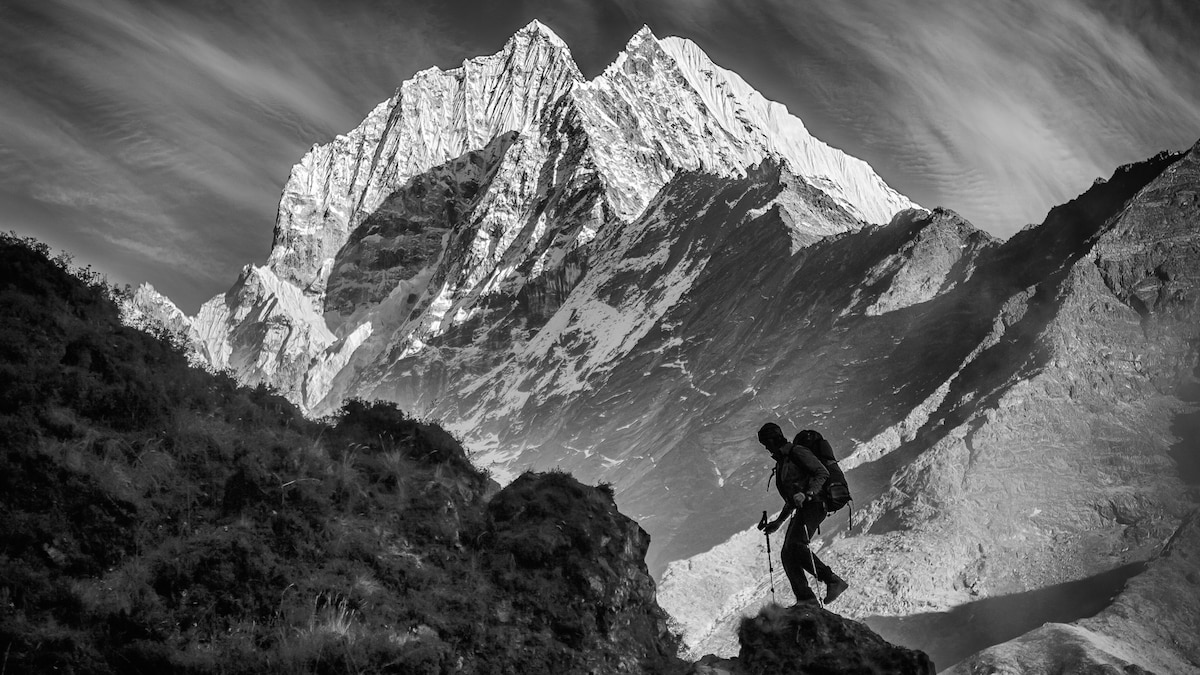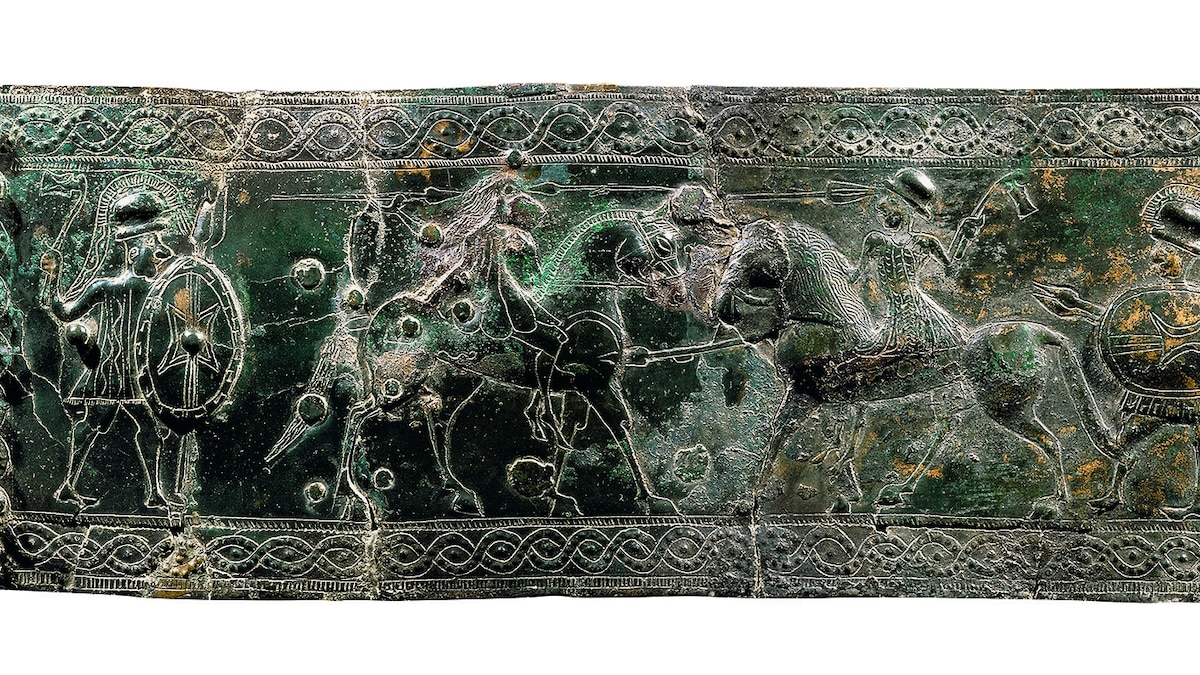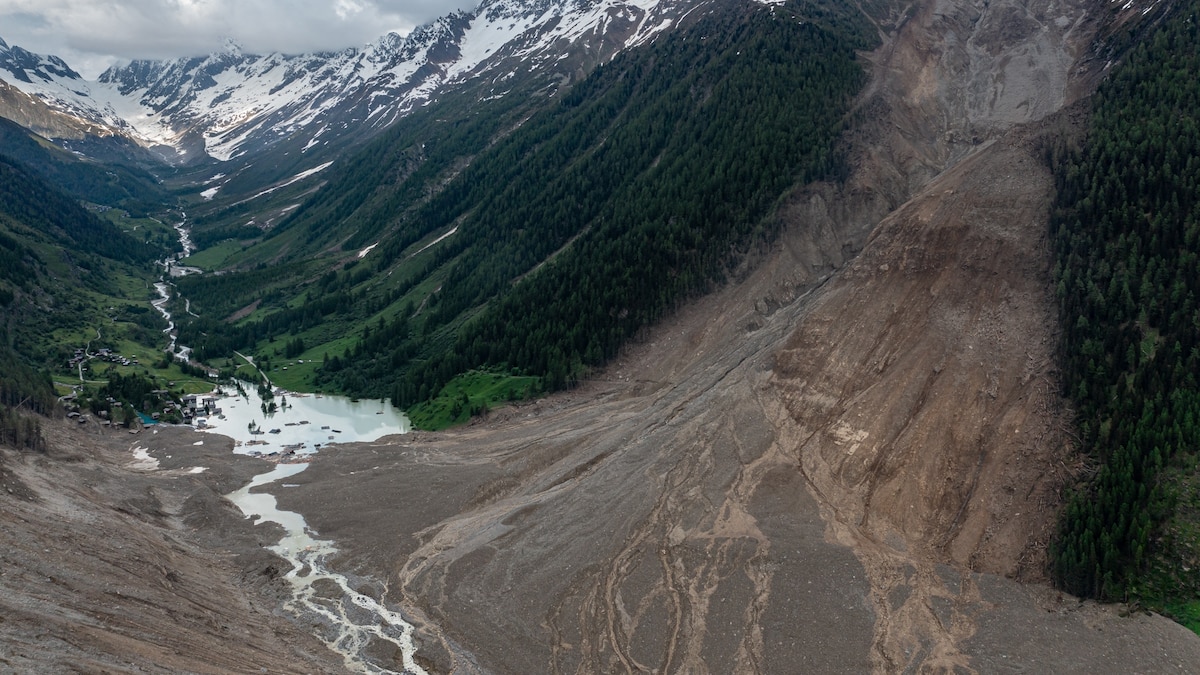Now Reading: Climbing Mount Everest: Is Using Xenon Gas an Unfair Advantage?
-
01
Climbing Mount Everest: Is Using Xenon Gas an Unfair Advantage?
Climbing Mount Everest: Is Using Xenon Gas an Unfair Advantage?

Swift Summary
- Austrian mountaineer Lukas Furtenbach enabled four clients and five Sherpas to summit Mount Everest in just five days from London, bypassing the usual 40-day acclimatization process.
- The team used xenon gas pre-expedition to accelerate red blood cell production, perhaps mimicking natural acclimatization.
- Xenon’s use sparked controversy due to safety concerns and its classification as a banned substance by WADA (World Anti-Doping Agency).
- Critics questioned whether xenon nullifies the technical challenges of climbing Everest, reducing it to tourism rather than mountaineering.
- Furtenbach argues using tools like supplemental oxygen or medications makes climbs safer; many traditionalists view them as compromising the essence of elite alpinism.
- Experts highlight that no scientific studies have verified xenon’s efficacy or its ability to replace acclimatization safely.
Indian Opinion Analysis
The accelerated ascent of Mount Everest by furtenbach’s group using xenon raises pertinent ethical and safety debates applicable globally. For india-home to Himalayan peaks-the implications are multi-layered. Firstly, the advent of pharmacological aids potentially diminishes the prestige associated with unassisted expeditions while broadening accessibility for novices. This shift may alter India’s adventure tourism landscape but could strain already vulnerable mountain ecosystems through increased traffic.
Significantly, if usage spreads without regulation or scientific clarity, India might face dilemmas balancing commercial interests with preserving customary ethics in mountaineering. Striking this balance would be crucial for sustainable mountain tourism reforms grounded not only in environmental conservation but also honoring alpine heritage rights unique to these culturally sacred terrains.India could emerge as an important stakeholder advocating global research protocols on novel aids like xenon before widespread adoption reshapes high-altitude expedition norms permanently.Read More



























